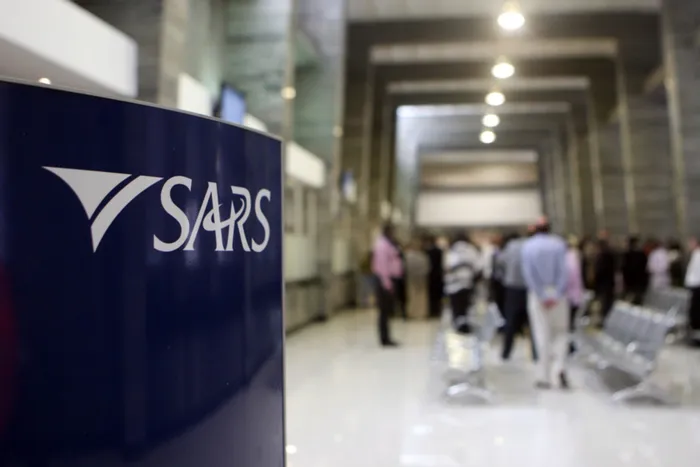Increase in stealth tax expected

South Africans face a steady rise in stealth taxes and the upcoming budget could shed light on what they will have to pay out in the years ahead, according to Billy Joubert, a director at professional services firm Deloitte.
On February 23, Finance Minister Pravin Gordhan will set out the government’s financial plans for the fiscal year that starts on April 1. He could also pave the way for changes in subsequent years.
At a prebudget briefing in Johannesburg yesterday, the Deloitte tax and legal team said the 40 percent marginal tax rate on individuals and the 28 percent corporate tax rate were likely to stay unchanged in this month’s budget. But they warned of an increase in “the effective tax rate” over the years.
Joubert described the minerals and petroleum royalties and the upcoming toll fees as forms of tax.
Deloitte economist Kay Walsh pointed to a 2c a kilowatt-hour levy announced in 2008 on electricity produced by Eskom from fossil fuels, which is passed on to consumers, and a carbon emissions tax introduced last year.
It was estimated at the time that the carbon emission tax would push vehicle prices up by about 2 percent, creating an additional tax burden of about R1.2 billion a year.
In addition to these charges “coming in under the radar”, the Deloitte team also said there could be “a step change in sin taxes” in next year’s budget, following a review of the liquor industry by the National Treasury. The review is conducted once every 10 years.
The subsequent rise in taxes on the sale of alcohol would be in addition to the annual increase in excise taxes on the sale of liquor, in line with inflation, said Walsh.
Expectations of an increase in stealth taxes are based on growing demands on the government’s purse, in view of proposals in Economic Development Minister Ebrahim Patel’s new growth path, which aims to create 500 000 jobs a year.
Among other things, spending on infrastructure is expected to rise as part of a programme to increase jobs. And additional provision could also be made for education.
Also high on government’s agenda is the National Health Insurance (NHI) to provide universal health care.
The costs of the scheme are still unknown. But the ANC’s national general council last year estimated costs at R128bn next year, rising to R376bn in 2025. The latter figure is in real terms – with the effect of inflation stripped out. The National Health Amendment Bill, which paves the way for NHI, was released for comment last month.
Nazrien Kader, Deloitte’s director in charge, said in the fiscal year to December, individuals had contributed R139bn (35 percent of the total) to revenue; corporate taxes R93bn (21 percent); and value-added tax R125bn (28 percent).
Walsh estimated the budget deficit for the 2010/11 fiscal year would come in at 5 percent of gross domestic product. - Ethel Hazelhurst